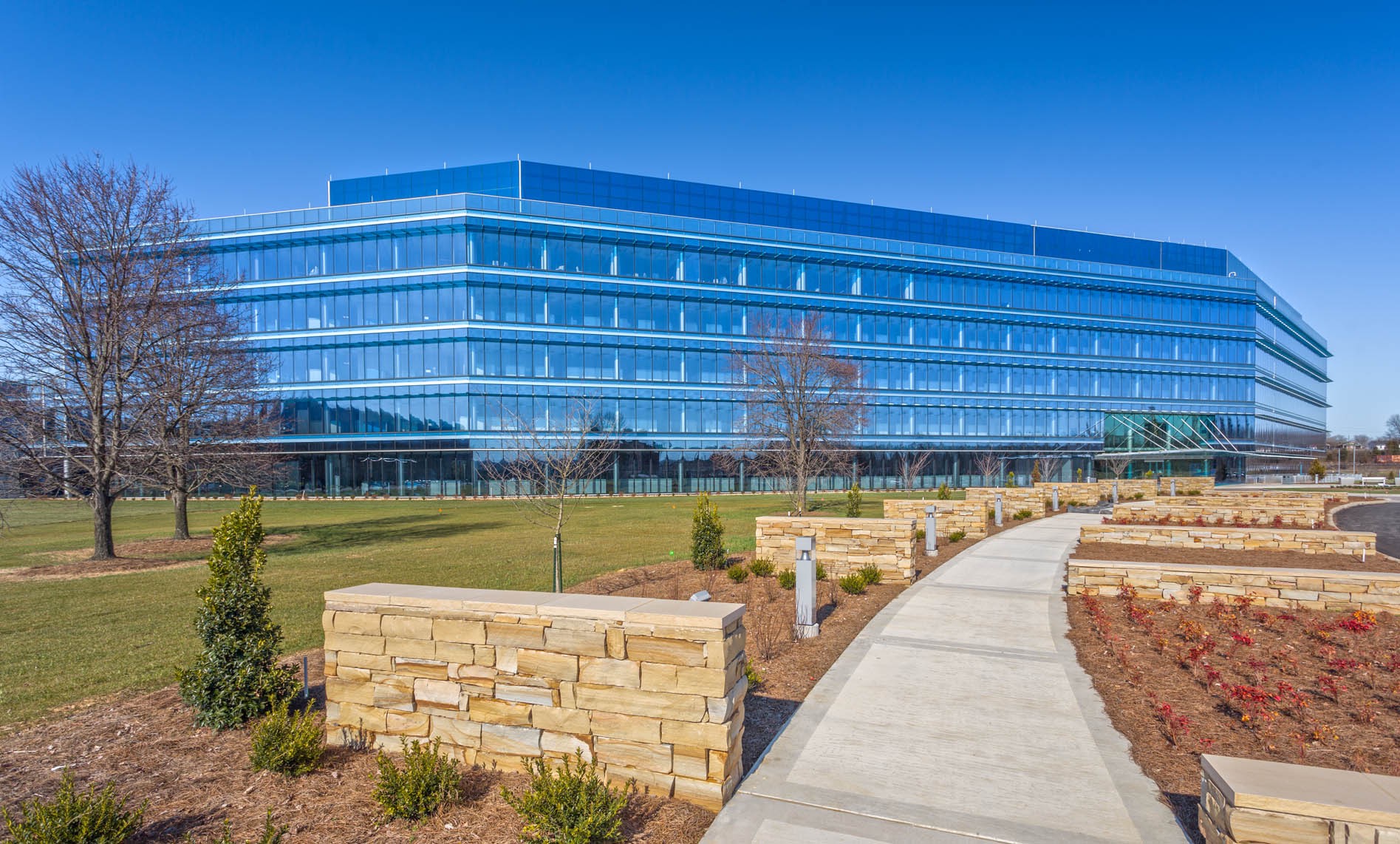
The Case for TPP: Reduced Barriers Increase Prosperity
CEOs Talk Trade | Mark Costa, Eastman
Challenging problems are found all over the world, but the solutions often aren’t. Eastman’s goal is to bring the solutions to the problems. We operate in seventeen states, and fourteen countries across North and South America, Europe, and Asia. Our customers come from every corner of the globe, often looking for our help in building products from sustainable materials that make the world a better place.
To serve our global customer base, we’ve created a large network of global suppliers. For example, we source raw materials from Japan to produce films used in the transportation sector, which are manufactured in Fieldale, Virginia, and then shipped to Vietnam. We also source materials from Canada that go into BPA-free housewares that are designed in the U.S. and manufactured in Asia. From start to finish, pioneering new products is a worldwide effort.
We’ve put a lot of energy into building the most innovative, advanced operation we can imagine to serve our customers. But international trade rules haven’t caught up. Instead of tackling real issues, we sometimes find ourselves spending our finite resources dealing with discriminatory tariffs, unfair trade practices, or weak intellectual property laws. These arbitrary and unproductive obstacles make it difficult, if not impossible, to serve our customers.
That’s why 21st century free trade agreements like TPP that reduce trade barriers are so important to Eastman, and to the future of the U.S. economy. When it’s easier to bring solutions to problems, we all win.
I can’t stress this enough. Free flow of goods and information isn’t just a practical improvement to business, it’s a model for how the global economy should work. We are more prosperous when we are more connected. It’s really that simple.